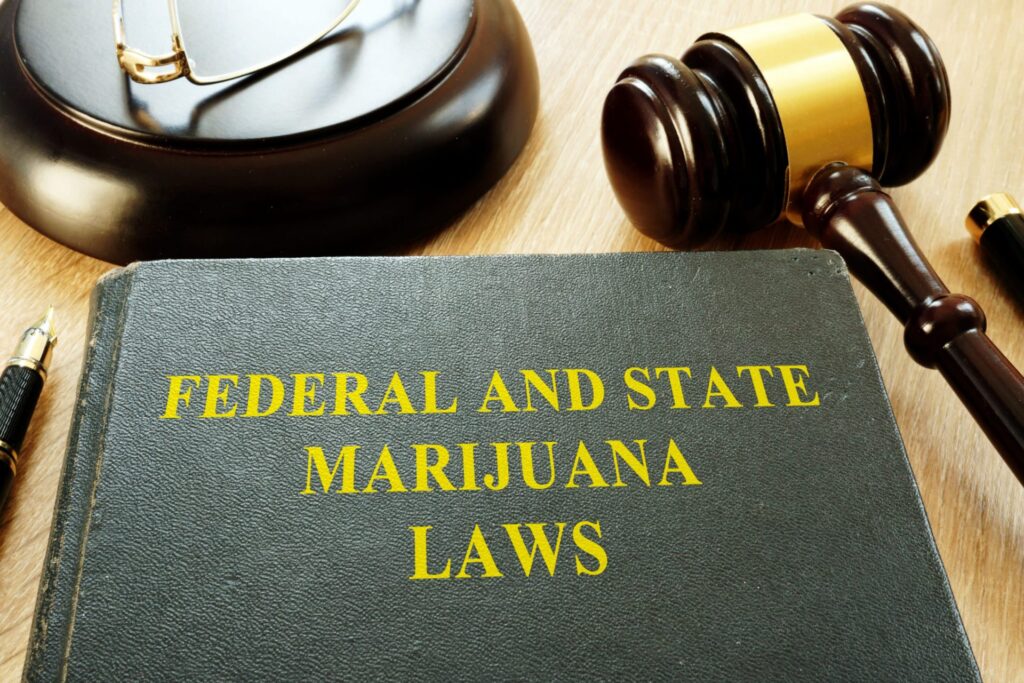One of the most polarized and confusing aspects of the American criminal justice system today has to do with marijuana. In the past 20 years alone, 28 states in the U.S. have legalized marijuana for medicinal uses. A small handful has legalized it for recreational use, as well. However, the federal government insists that it’s one of the most dangerous drugs out there and, with Jeff Sessions as the U.S. Attorney General, is vowing to step up its enforcement of federal drug laws.
How can different governmental agencies have such radically different ideas on marijuana? The answer is actually astoundingly simple: No one knows much about the drug, because research into its benefits or harms is often actively squelched by the government.
There’s a Lack of Research When it Comes to Marijuana
The amount of scientific evidence surrounding marijuana, its effects on people, and whether it’s a benefit or a harm in certain medical situations is shockingly slim. While there have been more than 10,000 studies published on the drug since 1999, many of them are poorly done, have small sample sizes, or rely on anecdotal or other non-scientific evidence.
The National Academies of Sciences, Engineering, and Medicine recently reviewed these studies in an attempt to accumulate and evaluate all of the evidence that scientists have found out about marijuana. Their report, which is nearly 400 pages long, highlights how little is actually known about the drug.
For example, the report only found that there was “conclusive evidence” for a couple of things: Marijuana is good at treating chronic pain, as well as vomiting and nausea caused by chemotherapy and symptoms of multiple sclerosis spasticity. The study found that other effects of marijuana – from whether it’s a gateway into hard drug use to whether it improves or impairs cognitive functions – are far from conclusive.
Government Regulations Prevent Good Research from Ever Happening
Despite being legalized in some form in more than half of the states in the U.S., the federal government still considers marijuana to be a Schedule I drug – the category reserved for the most serious and dangerous drugs known. As a result, even studying marijuana in a scientific environment is no small feat. Before starting any study, researchers need official approval from a handful of federal agencies, from the Food and Drug Administration to the Drug Enforcement Administration, as well as several others. Even after all of this is done, state regulations require additional paperwork and applications.
As a result, all marijuana studies face several daunting sets of application procedures and requirements that prevent many of them from even getting off the ground.
Maine Criminal Defense Attorney William T. Bly
The lack of research into the effects of marijuana prevents anyone from even coming close to understanding how the drug impacts people. Until the federal government takes its hands off of the research pipeline, we’ll never be able to come up with fact-based drug laws that deal with marijuana.
If you have been charged with a drug crime in the state of Maine, you need the best legal defense that you can find. Call the law office of criminal defense attorney William T. Bly at (207) 571-8146 or contact him online.


